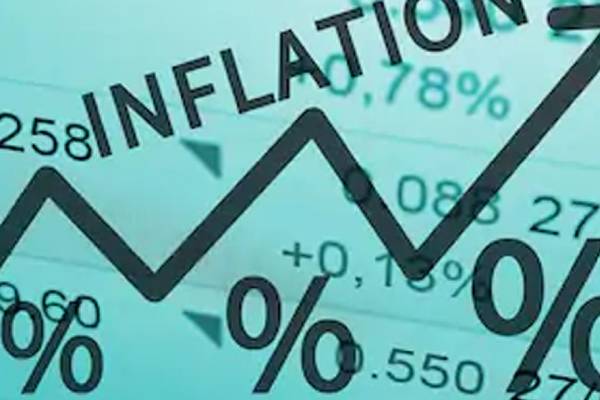The nations headline inflation which is a major source of worry for the monetary authorities and the Economic managers will increase slightly close to 22 percent by the End of December.
Economist and Tax Manager with the PriceWater House Coopers, Abiodun Kayode-Ali disclosed this while speaking to TVC News Business Nigeria on Friday afternoon.
He said the current situation is not ideal but added that their is always inflation in December which will naturally reduce from January.
He traced the trajectory of Inflation from January which was at 15% but was moving at a decelerated level between January and March according to him.
He said from April the Inflation rate accelerated and was moving almost at 1% per Month until the Central Bank of Nigeria took the decision to reign it in.
He said this trend continued until August due also to external challenges but has since decelerated again from August.
He said despite the measures put in place by the Central Bank of Nigeria, the rate slightly increased in November at a decelerated level and that Nigeria was joined by Zambia and Ghana as the only countries within Sub-Saharan Africa that experienced an increase.
He added that all Other Countries around the world have been able to reign in inflation and enhance price stability through the tightening of interest rates.
According to him, the United States is experiencing just about 7% of inflation after all the measures put in place to curtail inflation.
He disclosed that the people who suffer most are the average Nigerians who go out to but food and Other items on a daily basis.
Going Further, He said the situation has made purchasing food and essential services have become almost impossible to get for the average Nigerian.
He said the 30,000 minimum wage bill signed by President Muhammadu Buhari in 2019 is no longer of any effect right now.
He described the level of inflation in the Country for this year as one that has thrown over 5 Million people into poverty adding that it may still grow further.
On the intervention programmes by the Central Bank of Nigeria, Mr Kayode-Ali said the impact of the intervention programmes are debatable especially in view of the floods and the logistics of moving food and Other services across the Country.
He however called for more intervention especially in the faming practices across the Country to ensure better farming and enhanced yield backed by better storage facilities to ensure more of the perishable food items get to be consumed and reduce food inflation through more being sold to consumers as against the current situation where there are wasted food products than what is consumed.














